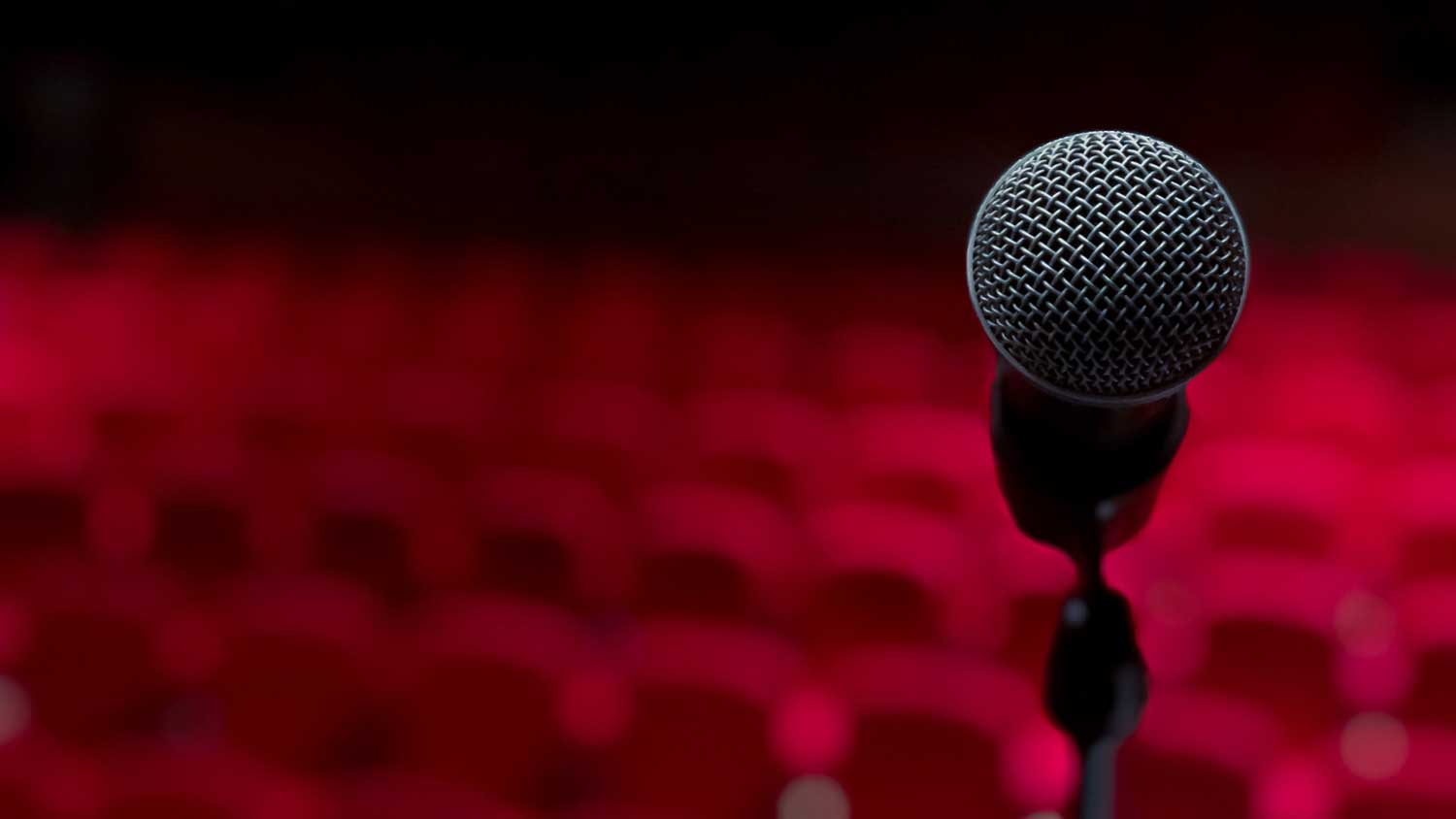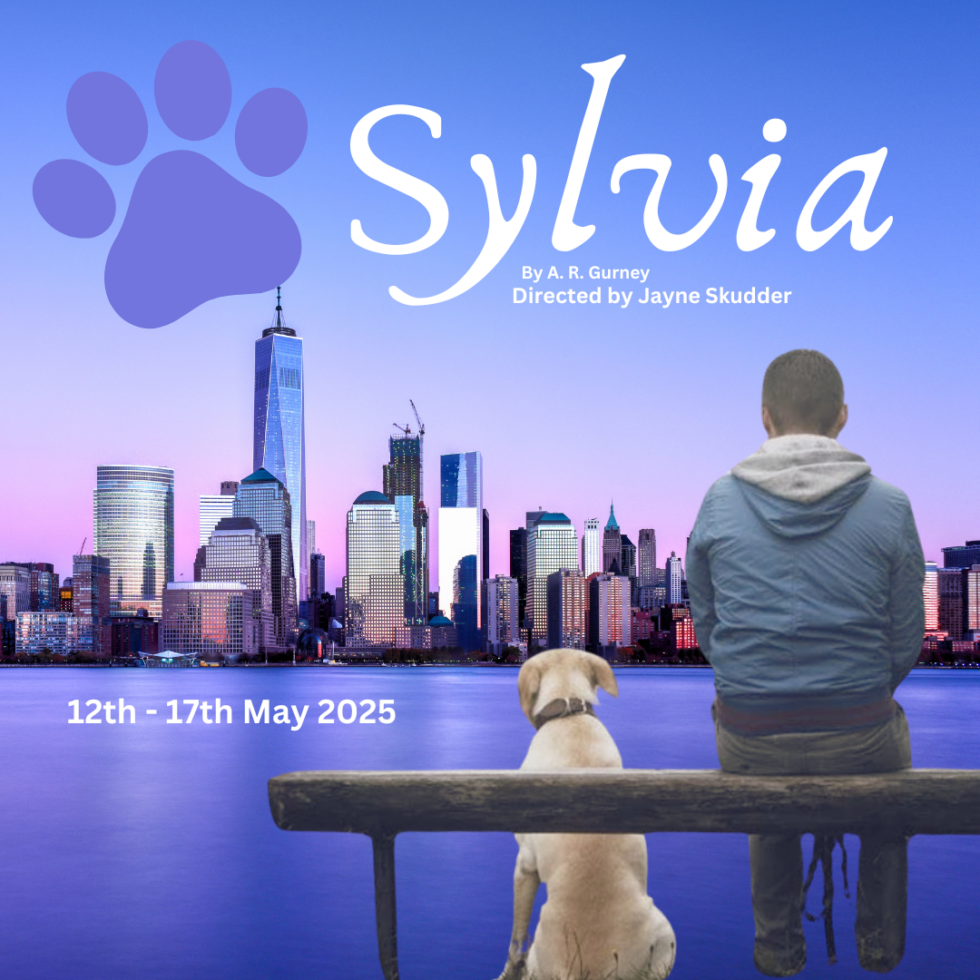sOund
join partington TheatreA theatrical production’s sound design defines its overall atmosphere and its effectiveness at telling a story. It’s a critical component of the narrative and influences the audience’s perception of the play.
Sound effects and Music enhance the theatrical experience – predominantly the show itself but also we importantly create an engaging and social atmosphere for the pre-show and interval.
REsPOnsiBilitiEs
Responsibilities of the Sound Department includes:
- source the sounds (liaise with show director)
- show design (cue the sounds in the software)
- mark up the sound cues in the script (so shows can be run by someone who didn’t design it!)
- sound cue and volume adjustment during the technical rehearsal (and sometimes dress)
- run several shows during the performance run
cOMMITTMEnt
– Level 1: run the cues during an actual show
– Level 2: design the show (i.e. source and cue sounds) and attend the tech rehearsal
sKills
In terms of designing shows – it helps to be IT/tech savvy but generally skills can be acquired by getting involved during show runs: initially run some shows (Level 1) and then take on the show design (Level 2).
In addition, general sound engineering experience is also very welcome (i.e., mixing desks, hearing loops etc.) but not essential.
tEMPERaMEnt
Any personality suits. Though it doesn’t hurt to be assertive with directors (e.g. requesting a complex scene is repeated during the tech rehearsal to ensure your cues/notes are correct and comprehensible).

Volunteers Wanted

Do you wish to become an effective part of our vibrant and hard-working Theatre?
If so, we would love to hear from you!
This Theatre is run by Volunteers



